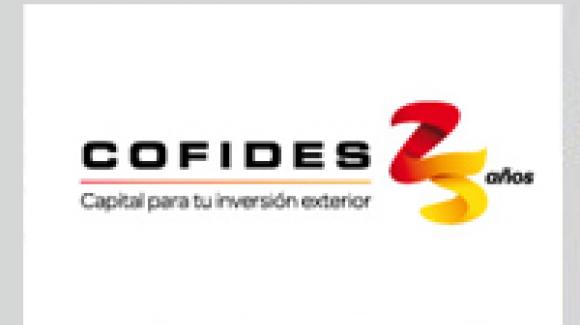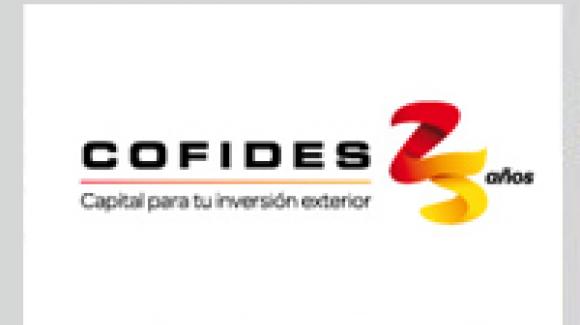Washington, D.C., September 23, 2011 - The leaders of more than 25 development finance institutions today will adopt the Corporate Governance Development Framework, a common set of guidelines to support sustainable economic development in emerging markets.
Good corporate governance helps businesses operate more efficiently, attract capital, and safeguard against corruption and mismanagement. It makes businesses more accountable and transparent and builds investor confidence in public and private companies in developing countries.
Through the Framework, the signatories hope to answer the G-20s call for development finance institutions to strengthen their coordination and ensure accomplishment of certain key institutional reforms, such as an increased commitment to transparency, accountability, and good corporate governance.
As providers of financing to companies in some of the worlds most challenging markets, development finance institutions can be leaders in promoting good corporate governance practices.
The Corporate Governance Development Framework will help signatory institutions evaluate the corporate governance risks and opportunities of the companies they invest in. The signatories aim to raise awareness, both at the private and public sector levels, of the importance of good governance to sustainable economic development. They are expected to implement the Framework at their own pace and at a level that suits their institutions. They will also work together to advance the business case for good corporate governance. Each institution that adopts this Framework undertake to:
Integrate corporate governance in its investment operations by adopting procedures and tools in line with the Framework, conduct corporate governance assessments of its investment clients, and develop action plans when appropriate.
Identify staff responsible for implementation and oversight of the Framework.
Provide or procure training to ensure capacity building and share knowledge on corporate governance.
Collaborate with other signatories to share experiences and resources on training and implementation.
Report annually on the implementation of the Framework.
The DFI Corporate Governance Working Group is responsible for development of the framework. Its members are: the Asian Development Bank (ADB), the Black Sea Trade & Development Bank (BSTDB), CAF the development dank of Latin America, the CDC Group Plc, DEG - Deutsche Investitions- und Entwicklungsgesellschaft mbH, the Netherlands Development Finance Company (FMO), the European Bank for Reconstruction and Development (EBRD), the International Finance Corporation (IFC), and the Islamic Development Bank (IsDB).
Institutions that signed the Corporate Governance Development Framework cover most emerging markets around the world, including Africa, Latin America and the Caribbean, Asia, Middle East, and Eastern and Southern Europe. Together they represent assets of approximately $852 billion.
For more information on the Corporate Governance Development Framework, please visit www.cgdevelopmentframework.com
This Framework has been drafted to allow other investors in emerging markets to sign on to the agreement in the future. A list of participating institutions appears below:
The Asian Development Bank, Bancoldex (the Colombian Entrepreneurial Development Bank), BICE (The Argentine Investment and Foreign Trade Bank), BSTDB (The Black Sea Trade and Development Bank), CAF (The Latin American Development Bank), Development Bank of Southern Africa, EBRD (European Bank for Reconstruction and Development), EIB (The European Investment Bank), IIC (Inter-American Investment Corporation), IsDB (The Islamic Development Bank), IFC (International Finance Corporation) and the following members of EDFI (European Development Finance Institutions): BIO (Belgium), CDC (United Kingdom), COFIDES (Spain), DEG (Germany), FINNFUND (Finland), FMO (The Netherlands), IFU-IØ (Denmark), Norfund (Norway), OeEB (Austria), PROPARCO (France), SBI-BMI (Belgium), SIFEM (Switzerland), SOFID (Portugal), Swedfund (Sweden).




